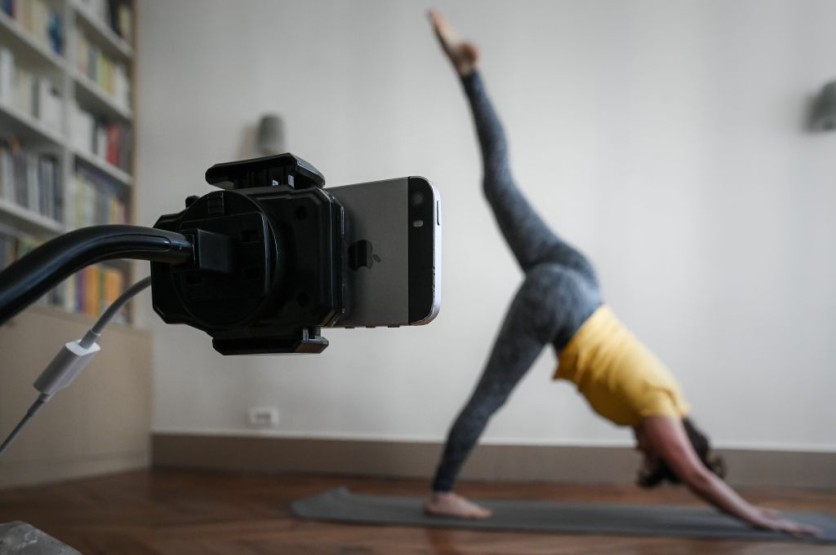Female athletes are increasingly experiencing eating disorders due to social media, according to a new study by Dr. Kathryn Vidlock and Catherine Liggett, both former college athletes and dietician Andrew Dole.
The book "Spring Forward: Balanced Eating, Exercise, and Body Image in Sport for Female Athletes" reveals that eating disorders and negative body image are widespread in nearly all sports, particularly in high school, but are often concealed.

"Fitspiration" Images
The content warns that false nutrition information posted by fitness influencers, Instagram's exercise-related "fitspiration" images, and photo editing software is affecting sportswomen directly.
"False information is often perpetuated on social media by 'fitness influencers' who are not actually qualified to give health information," the authors said in a statement.
These women aim to achieve an idealized body type that is unattainable, resulting in unhealthy practices like restrictive eating, according to the authors.
In "Spring Forward," several female athletes share their experiences with negative body image, which include distressing accounts like punishing themselves with a five-mile run for eating a cookie, passing out in the gym after going without food for 24 hours, and going on a strict diet following criticism about their "butt cheeks."
The book also points out that many sports have specific body type ideals that women are expected to meet, such as being very thin for runners, leading to women receiving negative comments if they do not fit these ideals.
Additionally, the book describes how one volleyball player lost a teammate to anorexia after she suffered a heart attack due to an eating disorder.
The authors argue that promoting healthy eating and nutrition from secondary school to elite athlete levels is necessary to combat unrealistic expectations and achieve better performance in women's sports.
Read Also : Arkansas Approves Bill Requiring Parental Consent for Children to Access Social Media Sites
SPRING Program
The book presents an education program, SPRING (Strength and Positivity Rooted in Nutrition for Girls), which the authors have created for high schools. The program's goal is to enhance body image "flexibility," which refers to being confident in one's body regardless of size or shape.
The program comprises three one-hour-long sessions held throughout the athlete's season. According to the authors' research, SPRING has increased by over 22% in body image flexibility among cheerleaders in Colorado schools.
The authors urge the implementation of programs like SPRING in schools, colleges, and among adults to identify women at risk early on.
They aim to educate teenage and women athletes, sports coaches, and clubs about body confidence to protect them from unhealthy eating, fad diets such as the ketogenic diet, and other self-destructive behaviors that are motivated by unrealistic ideals.
The book includes extensive manuals on positive eating plans, the consequences of disordered eating, such as amenorrhea, and how parents can recognize warning signs.
Related Article : US FTC Issues Orders to 8 Social Media, Video Streaming Firms on How They Screen For Misleading Ads

ⓒ 2026 TECHTIMES.com All rights reserved. Do not reproduce without permission.




